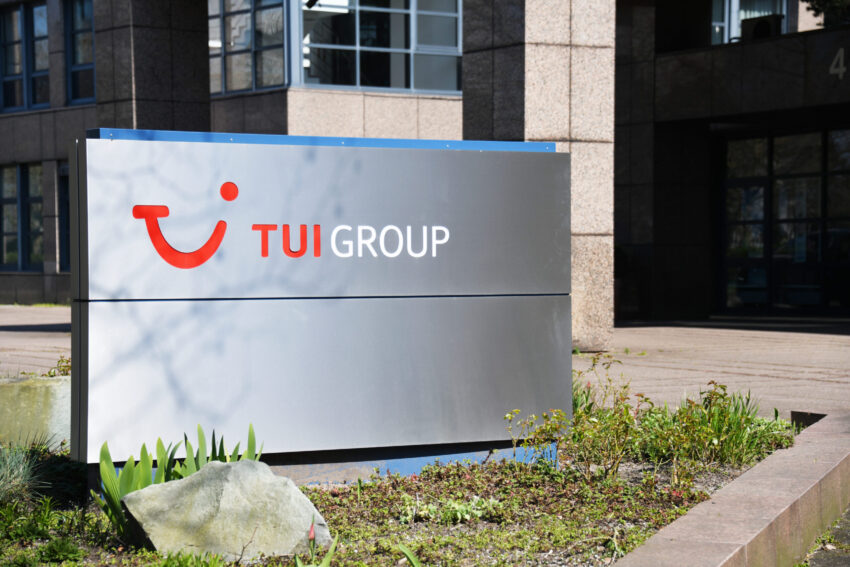The government’s advice to companies on staff returning to work was criticised by businesses and unions yesterday as the world’s biggest holiday company told its UK staff they need to work from the office only one day a month.
Tui, which employs more than 10,000 people across the UK and Ireland, is the latest company to change its workplace culture because of the pandemic. Its advice to staff comes as England prepares to lift most coronavirus curbs from next week.
Other businesses adjusting their working practices include KPMG, the accountancy firm, which has told its 16,000 UK staff they should work in the office for up to four days a fortnight. In the US, by way of contrast, Bank of America yesterday followed Goldman Sachs in telling all fully-vaccinated staff to be back at their desks by September.
The British government was criticised by employers and unions alike yesterday over its latest guidance on returning to work, with a warning that it is a “recipe for chaos”.
Roger Barker, policy director at the Institute of Directors, said: “Like everybody else, businesses across the country having been awaiting ‘freedom day’ with bated breath — but we have had a series of mixed messages and patchwork requirements from government that have dampened enthusiasm.
“Return to work or continue to stay at home. Throw away your masks or continue to wear them. The guidance has done little to dispel that confusion.
“Business leaders are understandably confused as to the legal status that this guidance has and are concerned about vulnerability under health and safety legislation, as well as the validity of their insurance.
“Government needs to inspire confidence in businesses and the workforce that we can all return to work safely.”
Frances O’Grady, general secretary of the TUC, said: “We all want the economy to unlock as soon as possible, but these new back-to-work safety guidelines, published without proper consultation with unions or employers just two full working days before restrictions end, are a recipe for chaos and rising infections.
“Instead of providing clear and consistent guidance on how to keep staff safe at work, the government is abandoning workers and employers. As infection rates surge, every employer must by law carry out a thorough risk assessment and take action to keep their workers safe. But these inadequate guidelines will leave many employers with more questions than answers and worried about their liability.”
O’Grady said that wearing face coverings should remain a legal requirement on public transport and in shops.
The Business Department said that, in the latest stage of easing of restrictions, all businesses can open and the government is no longer instructing people to work from home.
“The ‘Working Safely’ guidance will continue to provide advice on sensible precautions employers can take to manage risk and support their staff and customers,” it said.
“Businesses still have a legal duty to manage risks. The way to do this is to carry out a health and safety risk assessment, including the risk of Covid-19, and to take reasonable steps to mitigate any you identify. You should use the guidance to consider the risk within your premises and decide which mitigations are appropriate to adopt.”


